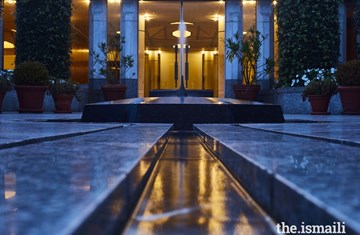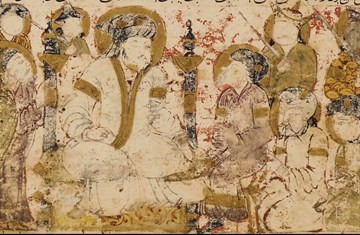Nasir al-Din Tusi’s Ethics: Between Philosophy, Shi‘ism and Sufism
Nasir al-Din Tusi completed his Nasirean Ethics (Akhlaq-i Nasiri), the most highly esteemed book on ethics in Persian, around the year 633 AH / 1235 CE while in the service of the Ismaili governor of Quhistan. Two decades later, Tusi parted company with the Ismailis.
This essay charts the course of his works, in particular Nasirean Ethics to his enigmatic treatise on Sufi ethics entitled The Attributes of the Illustrious (Awsaf al-ashraf). Prof. Madelung investigates Tusi’s sources, putting a number of what he views as erroneous suppositions about the man to rest. This study of Tusi’s works and philosophy affords the reader an insight into Tusi’s own personal journey from the time he penned Nasirean Ethics (Akhlaq-i Nasiri) to his eventual status as King of Philosophers by the end of his life.
Author

Professor Wilferd Madelung
A leading contemporary Islamicist, Professor Wilferd Madelung has made significant contributions to modern scholarship on mediaeval Islamic communities and movements, including Twelver Shi'ism, Zaydism and Ismailism. Educated at the Universities of Cairo and Hamburg, he became Professor of Islamic Studies at the University of Chicago in 1969 and the Laudian Professor of Arabic at the University of Oxford from 1978.
Among his recent publications are Religious Schools and Sects in Mediaeval Islam (London, 1985), Religious Trends in Early Islamic Iran (Albany, NY, 1988), Religious and Ethnic Movements in Mediaeval Islam (Hampshire, 1992), The Succession to Muhammad: A Study of the Early Caliphate (Cambridge, 1997), and with Paul E. Walker An Ismaili Heresiography (Leiden, 1998). He has contributed extensively to The Encyclopaedia of Islam, Encycopaedia Iranica of which he is also a Consulting Editor, and learned journals.










